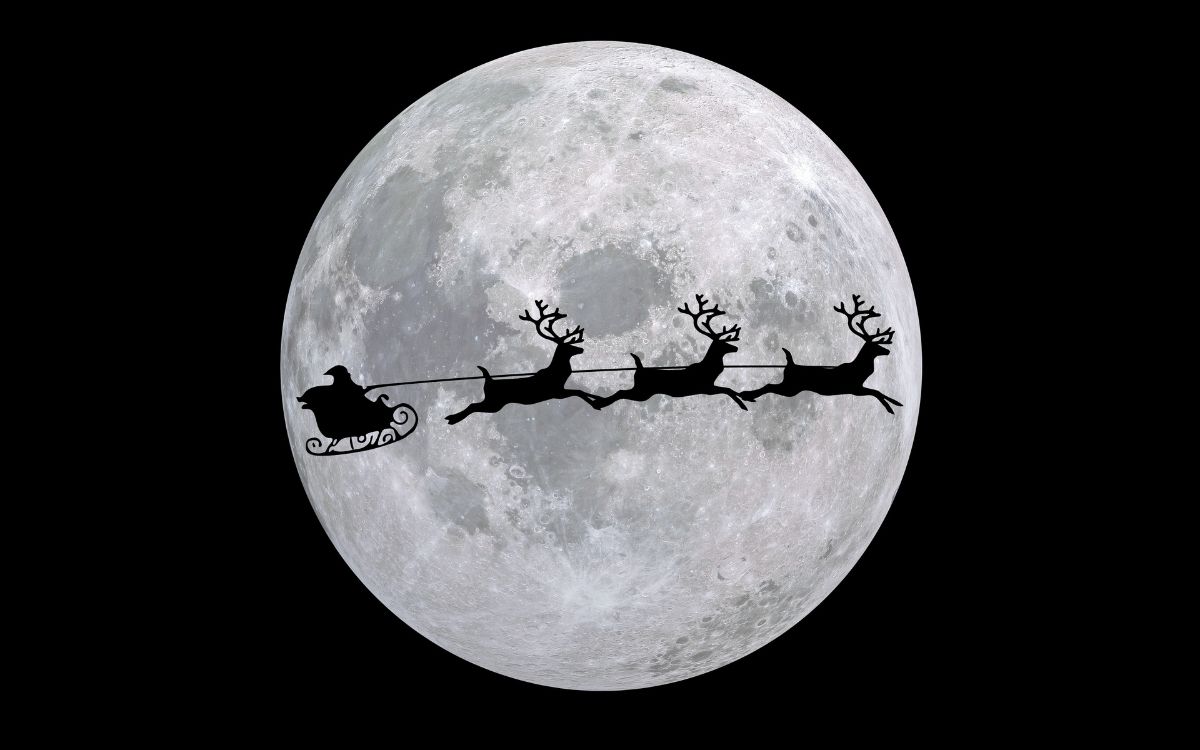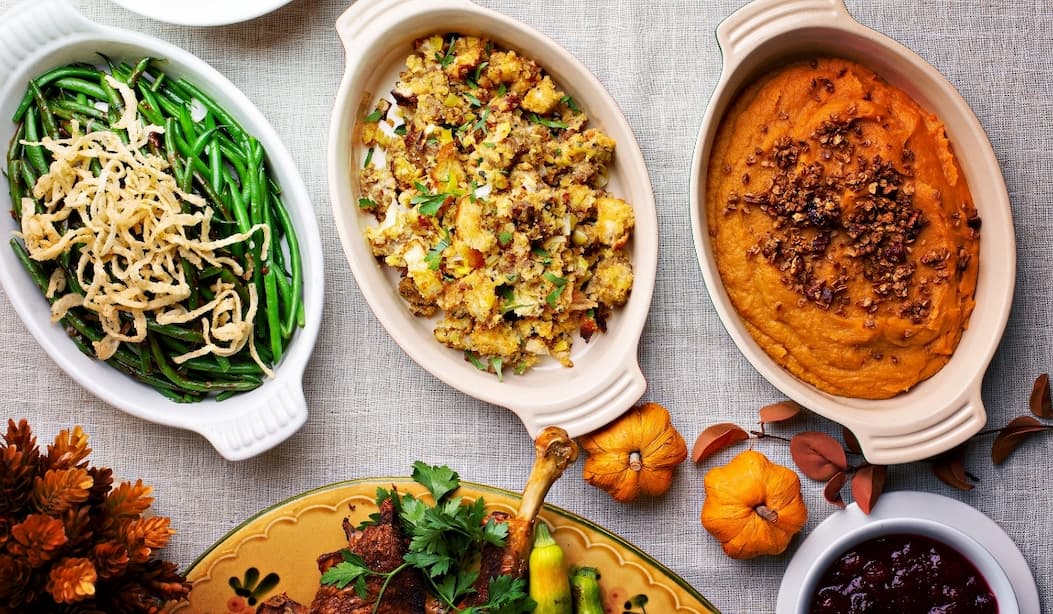Palm Oil
What is Palm Oil?
Palm oil is derived from oil palm trees with 90% grown on just a few islands across Malaysia and Indonesia. Oil palms only grow in the tropics and need a serious amount of water to flourish. Palm oil is great at helping to remove dirt and oil, and it’s also a great source of vitamin E and antioxidants. About 66 million tons of palm oil are produced annually, making it the most common vegetable oil on Earth. It is a very productive crop, offering greater yield at a lower production cost than any other vegetable oil. And its properties make it extremely versatile; palm oil is odorless and colorless, spreadable at room temperature, a natural preservative, and stable at high temperatures for cooking. All of these attributes explain palm oil’s pervasive presence in everyday products.
Want a hot take? Don’t fall for labels that tell you this palm oil is “more sustainable” than others. We’ll cover this in certifications, but in general, palm oil does more harm than good, and we try to avoid it where possible.
–
Is Palm Oil “good”?
The increased use of palm oil has directly led to deforestation, child labor exploitation, the displacement of Indigenous peoples, increased global warming, and has threatened 321 species with extinction, such as orangutans, Borneo elephants, and tigers. Not a great track record…As the demand for palm oil-based products expands, so too does the demand for palm oil plantations. That means that areas like Borneo and Sumatra are disproportionately affected by the problems caused by the expansion of palm oil production, which is reportedly responsible for 5% of all tropical deforestation. The expansion also leads to increasing land scarcity and higher land prices, which affects the livelihoods of local farmers who can be shut out by bigger corporate growers. It’s important to note that not all palm oil is produced in such an irresponsible way – some palm oils are produced without contributing to deforestation or ecosystem disruption, but it is a limited amount.
What kind of products are made with Palm Oil?
Did you know that palm oil is in basically everything? Not really, but it sure does feel like it. Look at the ingredients label on your fav cosmetics, body creams, soaps, toothpastes, shampoos, cleaning products and candles, and you’re likely to find it. It’s in half of all supermarket products, and it’s even in some types of fuel.
Are there certifications I should look out for?
Eh.. sort of. The Roundtable on Sustainable Palm Oil (RSPO) claims to certify sustainable palm oil production. However, researchers have found no significant difference between certified and non-certified plantations for any of the sustainability metrics investigated, such as conservation of biodiversity, consideration of social impacts, economic viability, or commitment to best practice. Plus, less than 7% of total palm oil production is certified as sustainable by RSPO, so it’s not a silver bullet.
Still want to learn more? Check out some of our favorite references:
- https://www.worldwildlife.org/pages/which-everyday-products-contain-palm-oil
- https://news.mongabay.com/2018/07/rspo-fails-to-deliver-on-environmental-and-social-sustainability-study-finds/
- https://www.rainforest-rescue.org/topics/palm-oil#start
- https://www.wwf.org.uk/updates/8-things-know-about-palm-oil
Finch is your guide to all things sustainability.
Unlock unlimited articles, comprehensive product guides, and sustainable product recommendations to help you make better decisions every day.
SubscribeLearn more about our sources and methodology
LEARN MORE









